THESIS & RESEARCHES
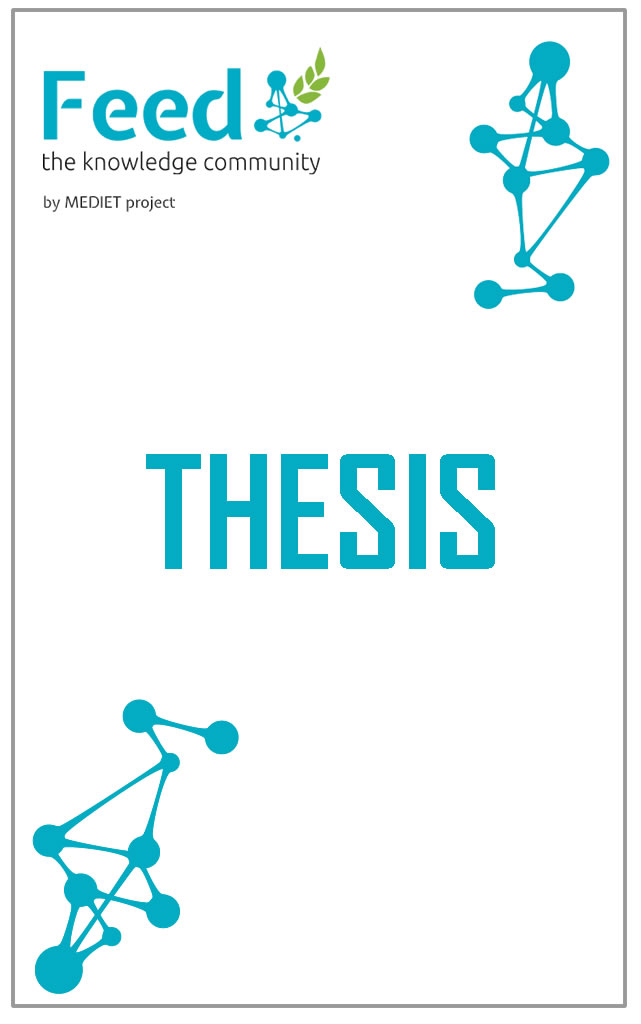
Alternaria species causing pomegranate and citrus fruit rots in Albania and their alternative control
Year:
2020
Author:
TOSKA Mirela
Alternaria is a relevant pathogen for several commodities including citrus and pomegranate fruits. On citrus, it mainly causes brown spot on fruits and leaves, whereas on pomegranate, it causes a fruit heart rot. The aim of this study was to assess the presence of Alternaria rots on citrus and pomegranate fruits cultivated in Albania. Representative fruits were collected from different regions. Nineteen and thirteen Alternaria isolates were obtained from pomegranate and citrus samples, respectively. The isolates were characterized at species and morphotype level. Micro- and macroscopic features separated isolates into four morphotypes. BLAST and phylogenetic analysis using the SCAR Marker OPA1-3 confirmed the isolate identity. All 32 isolates proved to be Alternaria alternata and belonged mainly to morphotype alternata, followed by limoniasperae and tenuissima. All Alternaria strains proved to possess the pksI gene of alternariol biosynthesis. Citrus isolates were tested for the presence of ACT and ACR toxins’ genes, which, however, were never found. Representative strains, one per commodity, proved to be sensitive to the compounds gallic acid and umbelliferone, constituents of pomegranate and citrus fruit, respectively. Nevertheless, further tests are still required. Finally, Alternaria might represent a threat to pomegranate and citrus production in Albania, and therefore effective control means are needed
Supervisor:
M. Cara, S.M. Sanzani and D. Frasheri
Collaboration:
CIHEAM





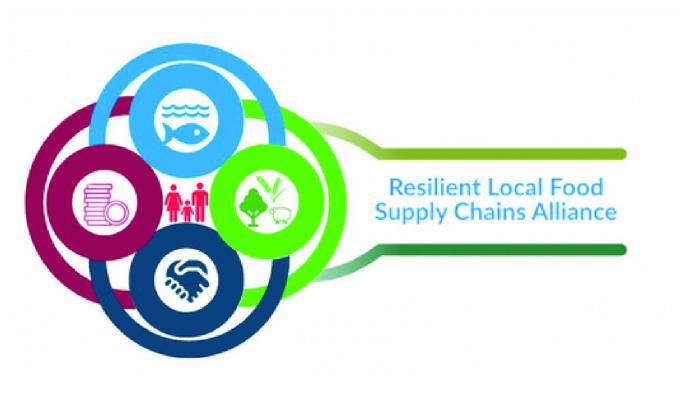
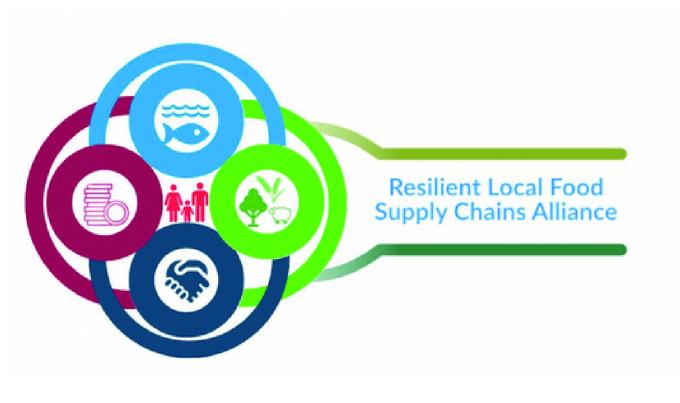
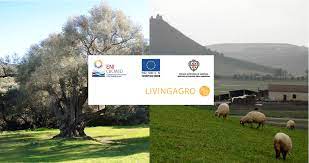
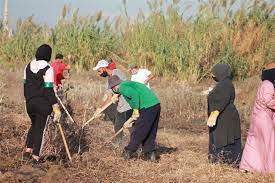

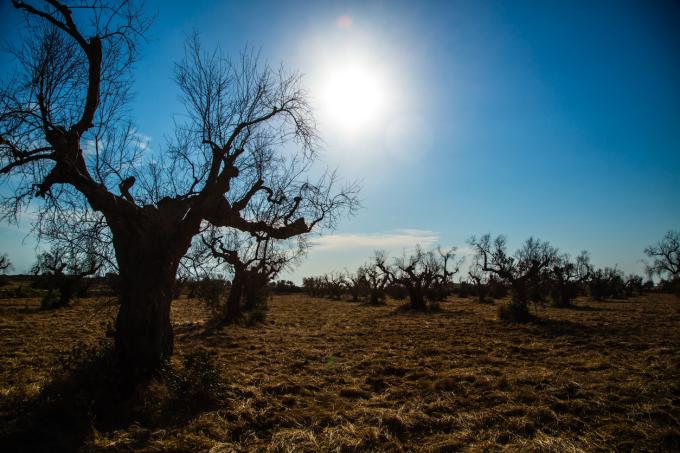
.png)